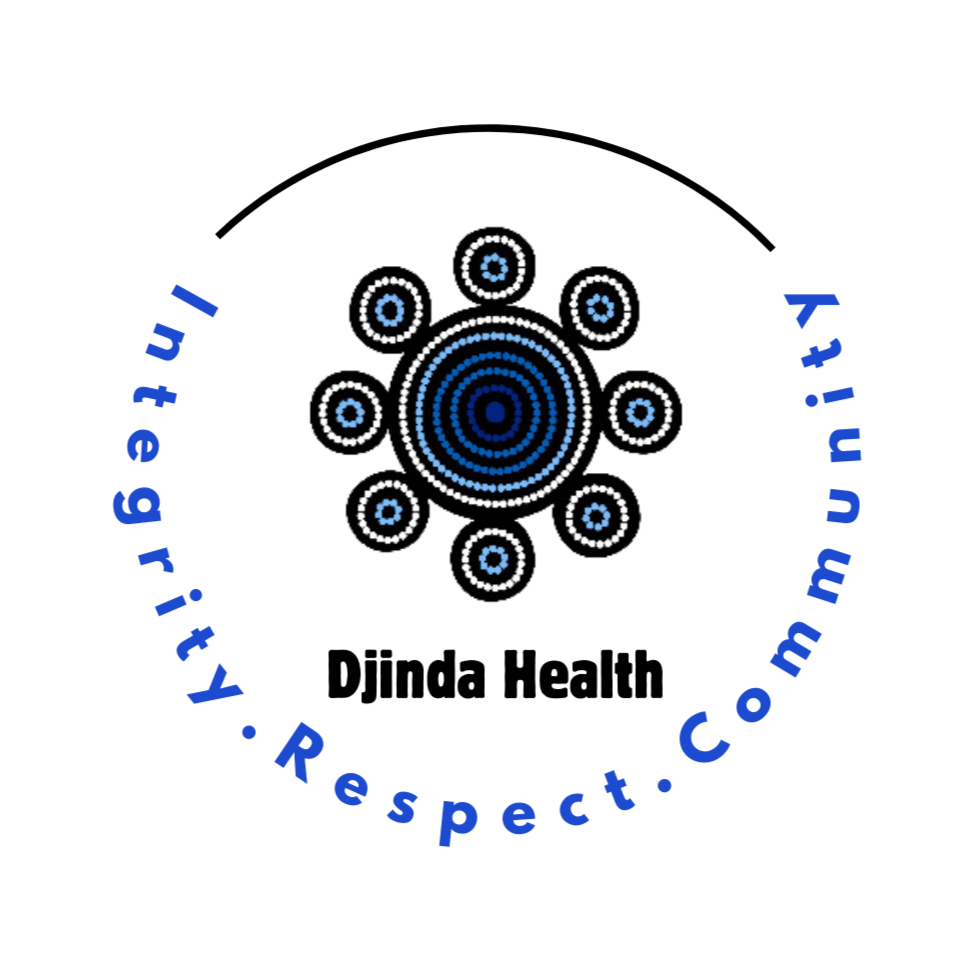
Occupational Health Medicals for Workplace Fitness and Monitoring
Occupational health medicals at Djinda Health are designed to support safe work, workforce monitoring and regulatory compliance. We provide baseline, periodic and role-specific health assessments for workers across industries such as mining, construction, transport, logistics, manufacturing, healthcare and public safety throughout Australia.
What is an occupational health medical?
An occupational health medical is a health assessment that focuses on how a worker’s health relates to the demands and risks of their job. It may be completed before a worker starts a role, at scheduled intervals, or following changes in duties or workplace exposures, depending on employer and regulatory requirements.
When are occupational health medicals used?
Occupational health medicals are commonly used:
At commencement of employment (baseline assessments)
At regular intervals for ongoing health monitoring
When workers are exposed to specific hazards (e.g. noise, respiratory exposures)
When role demands or work environments change
When a worker is returning to work after illness or injury, if requested by the employer
These assessments are guided by employer policies, industry standards and relevant legislation.
Types of occupational health medicals available
Djinda Health can coordinate a range of occupational health medicals and monitoring assessments, including:
Baseline health assessments for new employees
Periodic or surveillance health assessments
Role-specific assessments for higher-risk tasks
Monitoring related to noise, dust, fumes or other exposures
Fitness for duty assessments where requested by the employer
Each assessment is aligned with the forms, criteria and role descriptions provided by the organisation.
What is included in an occupational health medical?
The components of an occupational health medical vary depending on the workplace and role, but may include:
Health questionnaire and medical history
Height, weight, BMI and blood pressure
Vision screening and, where requested, colour vision testing
Hearing assessment (audiometry) for noise-exposed roles
Lung function testing (spirometry) for respiratory exposures
Cardiovascular checks as requested
Musculoskeletal and functional assessments related to job tasks
Urinalysis and other laboratory or imaging investigations where requested
Only the assessments specified by the employer or referrer are completed at each appointment.
How occupational health medicals work at Djinda Health
1. Referral and instructions from the employer
The employer or organisation provides referral documentation outlining the role, relevant risks and required assessment components.
2. Booking and information for the worker
Appointments are booked through our booking channels, and workers receive information about what to bring and how to prepare. This may include bringing ID, medication details and any employer forms.
3. Assessment based on role and referral
The clinician conducts the assessment according to the referral, focusing on information related to the job demands and exposure profile.
4. Reporting back to the employer
Findings are summarised in a report for the employer or referrer, with an emphasis on fitness for the role, recommended restrictions or the need for further review where relevant. Personal information is handled in line with privacy requirements.
Why choose Djinda Health for occupational health medicals?
Experience in occupational health assessments across multiple industries
Structured reporting focused on role requirements and workplace risks
Coordination of baseline, periodic and surveillance assessments
Access to a range of workplace-related tests in one setting where available
Flexible booking options and support for multi-site or multi-role programs
Services provided from Western Australia with coordination across Australia
Frequently Asked Questions
How is an occupational health medical different from a pre-employment medical?
A pre-employment medical is usually completed before a role starts, while occupational health medicals also include ongoing or periodic assessments once employment has commenced. Both focus on how health relates to job demands, but occupational health medicals often monitor changes over time or in response to workplace exposures.
Who arranges occupational health medicals?
Occupational health medicals are usually arranged by employers, human resources teams or health and safety departments. They determine the frequency of assessments and the specific components based on policies, role descriptions and regulatory obligations.
How often should occupational health medicals be completed?
The frequency of occupational health medicals depends on the workplace, the presence of specific hazards and regulatory guidance. Some workers may only require baseline assessments, while others in higher-risk environments may undergo regular or scheduled reviews.
What should workers bring to an occupational health medical?
Workers are generally asked to bring photo identification, any employer documentation or forms, details of regular medicines if requested, relevant medical reports if available, and glasses or contact lenses if they are used. Appointment information will outline any additional preparation requirements.
Are test results shared directly with workers or through the employer?
Reporting arrangements depend on employer policy and the nature of the assessment. In most cases, reports are provided to the employer or referrer in line with the agreed process, with handling of personal information consistent with privacy and confidentiality obligations.
Can occupational health medicals be adapted for different roles or sites?
Yes. Occupational health medicals can be tailored to reflect different roles, locations and risk profiles. Djinda Health works from the documentation and instructions supplied by employers to align assessments with specific job demands and workplace environments.

